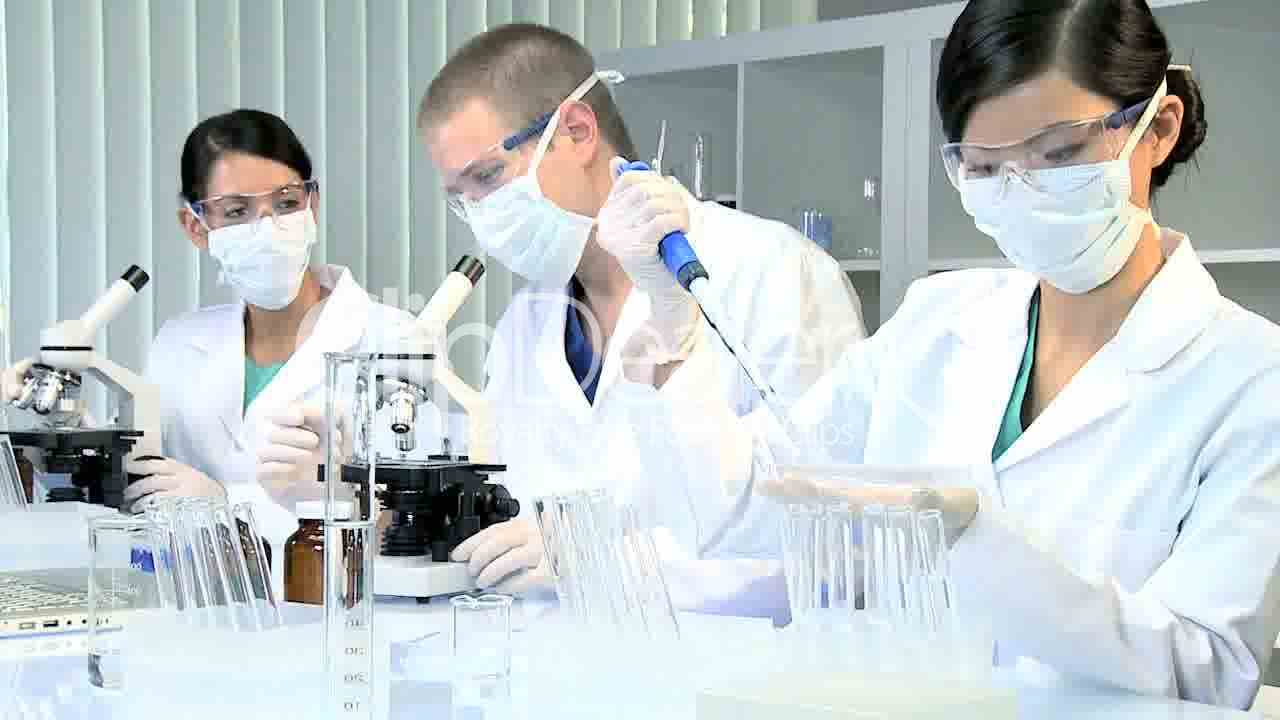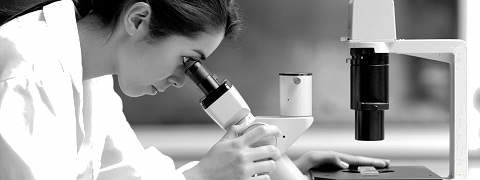علاج الخلايا الجذعية لمرض التصلب المتعدد (آنسة).
أظهرت النتائج المؤقتة من تجربة دولية لعلاج زرع الخلايا الجذعية معدل نجاح أعلى بكثير من المجموعة الضابطة, الذي تلقى العلاج الدوائي. مرض التصلب العصبي المتعدد هو مرض يؤثر على الدماغ, الحبل الشوكي, والجهاز المناعي, مما يؤدي إلى عدد من الإعاقات. ال علاج الخلايا الجذعية يستخدم العلاج الكيميائي للقضاء على الجهاز المناعي للمريض ثم "إعادة تشغيله" باستخدام الخلايا الجذعية من دم المريض ونخاع العظام التي لا تتأثر بالمرض.
ما يزيد قليلا 100 شارك الناس في الدراسة في أربع مدن: في شيكاغو, ساو باولو, شيفيلد (المملكة المتحدة.), و(أوبسالا في السويد).. لقد كان لديهم جميعًا مرض التصلب العصبي المتعدد الانتكاس, حيث تتناوب فترات "الانتكاسات" العرضية مع فترات من الهدوء. بعد عام من العلاج, مريض واحد فقط تلقى علاج الخلايا الجذعية قد انتكس, مقارنة ب 39 الناس في المجموعة الضابطة.
في متابعة لمدة ثلاث سنوات في المتوسط بعد العلاج, ال الخلايا الجذعية قد فشل في 6% (3 ل 52) من المتلقين بينما فشل العلاج الدوائي 60% (30 ل 50). وتم نشر النتائج في الاجتماع السنوي للجمعية الأوروبية لزراعة العظام والنخاع في لشبونة.
طبيب أعصاب في مستشفى رويال هالامشاير في المملكة المتحدة. وقال لبي بي سي إن هذه أفضل نتيجة رآها "في أي تجربة لمرض التصلب المتعدد,على الرغم من أنه أدرج التحذير من أن النتائج كانت أولية فقط.
هذه الدراسة هي الأكبر من نوعها, ويعزز النتائج من التجارب الأصغر التي أظهرت أيضًا زرع الخلايا الجذعية لتكون فعال.
 واتساب: +447778936902 , +33745637397, +34670491885
واتساب: +447778936902 , +33745637397, +34670491885
بريد إلكتروني: head_office@nbscience.com


